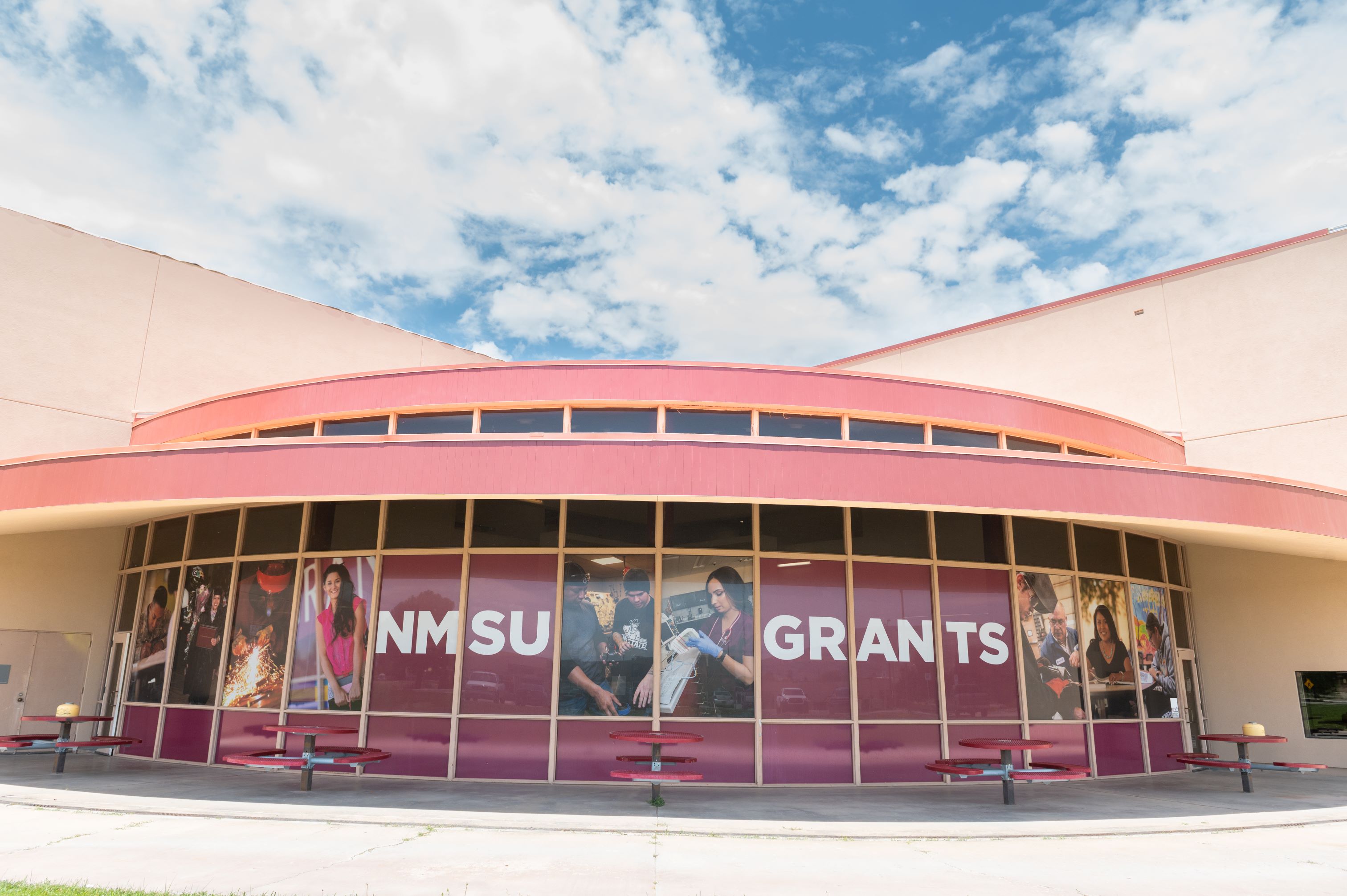
NMSU-Grants is a two-year branch community college of New Mexico State University located in Grants, NM. We serve the local communities in Cibola and McKinley counties, including the Pueblos of Acoma, Laguna, and Zuni, as well as Tohajiilee, San Mateo, San Rafael, Cubero, the City of Grants, and the Village of Milan. With our culturally diverse population, we are one of the few colleges who have been served by both a Hispanic Serving Institution (Title V) and Native American Serving Non-Tribal Institution grants. We are proud of the good relations we have with our tribal and non-tribal neighbors. Collaboration between the university and these local communities is a notable standout for NMSU-Grants.
We offer 15 two-year Associate degrees, 14 certificate programs, and multiple 2x2 transfer paths to finish your degree in 4-years at NMSU. Even if you are not ready for college, you can complete your GED through our Adult Basic Education services offered at the college. Non-credit programs offered through Community Services and Continuing Education programs provide a variety of educational, personal interest, and enrichment programs for all ages. In addition, we offer evening and online courses to meet the lived situations of our students who might have work or family obligations.
Regardless of your educational, cultural, or financial history, at NMSU-Grants we believe every student can make their academic goals a reality, and we are committed to being there for you through the entire process. You can’t find a better educational value than NMSU-Grants.
NMSU Grants provides an accessible quality education through innovative teaching and learning that promotes respect and service
for our diverse students and community.
" To embrace innovation in teaching and learning to promote a sustainable prosperous community. "